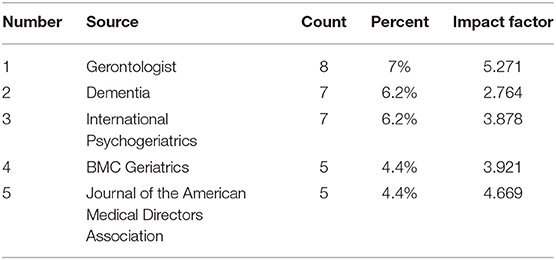
- Using excel for data analysis about dementia interventions full#
- Using excel for data analysis about dementia interventions professional#
The release of the National Dementia Strategy 2020 was the initial step in addressing the challenges facing health and social care in improving the lives of people living with dementia. Furthermore, a report by the Department of Health describes a fragmentation between community services, and a lack of coordination between health and social care. In a report on dementia services in England, the National Audit Office stated that dementia had not been a public health priority, which had led to inadequate care services, poor value for money and suboptimal quality of care. The economic cost of dementia is estimated to be £26.3 billion in the UK alone, which is set to rise as the number of people with dementia increases. With the rising prevalence of dementia, effective complex interventions will be necessary to provide high quality and effective care for patients, and facilitate collaboration of health, social and third sector services.Īn estimated 850,000 people are living with dementia. Results show that coordinating interventions in dementia care has a positive impact on some outcomes, namely patient behaviour and caregiver burden, but the evidence is inconsistent and results were not strong enough to draw definitive conclusions on general effectiveness.

There was little evidence of effects on other outcomes, or that other intervention components modify the intervention effects. Interventions that did not provide supervision for the case managers showed greater effectiveness for reducing the percentage of patients that are institutionalised compared to those that provided supervision (odds ratio (OR) = 0.27 versus 0.96 respectively p = 0.02).
Using excel for data analysis about dementia interventions professional#
Subgroup analyses found interventions using a case manager with a nursing background showed a greater positive effect on caregiver quality of life than those that used case managers from other professional backgrounds (SMD = 0.94 versus 0.03, respectively p < 0.001). Meta-analyses found coordinating interventions showed a statistically significant improvement in both patient behaviour measured using the Neuropsychiatric Inventory (NPI) (mean difference (MD) = −9.5 95% confidence interval (CI): −18.1 to −1.0 p = 0.03 number of studies (n) = 4 I 2 = 88%) and caregiver burden (standardised mean difference (SMD) = −0.54 95% CI: -1.01 to −0.07 p = 0.02 n = 5, I 2 = 92%) compared to the control group. Altogether we carried out 12 meta-analyses and 19 subgroup analyses. ResultsĪ total of 14 randomised controlled trials (RCTs) involving 10,372 participants were included in the review. We then conducted meta-analyses and subgroup analyses.

Using excel for data analysis about dementia interventions full#
Title and abstract screening was followed by a full text screen by two independent reviewers, and quality was assessed using the CASP appraisal tool. This was aided by a search of four grey literature databases, and backward and forward citation tracking of included papers. We searched four databases from inception to April 2017: Medline, The Cochrane Library, EMBASE and PsycINFO. In this review we aimed to evaluate the effectiveness of community-based care coordinating interventions on health outcomes and investigate whether specific components of interventions influence their effects. Interventions aiming to coordinate services for the community-based dementia population vary in components, organisation and implementation.


 0 kommentar(er)
0 kommentar(er)
